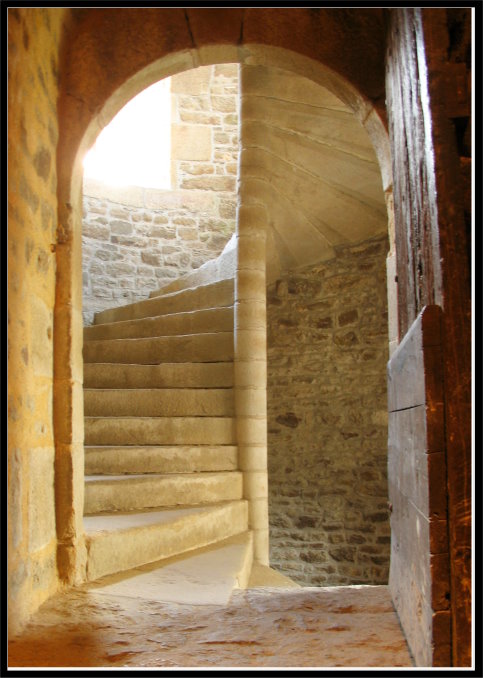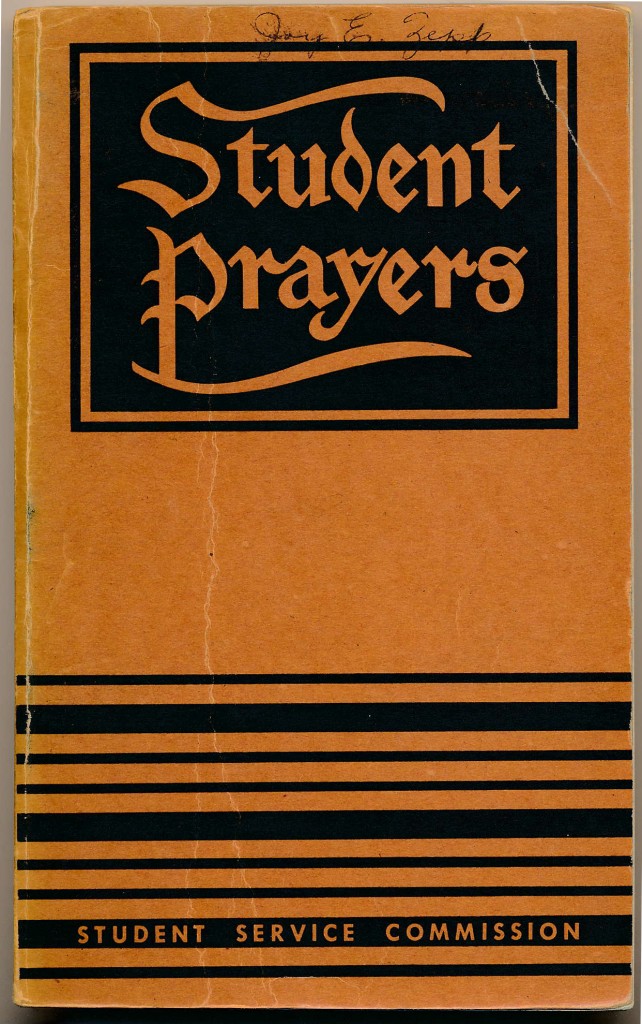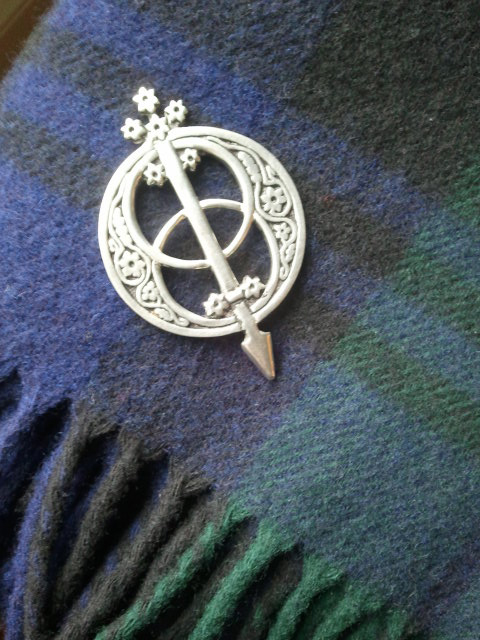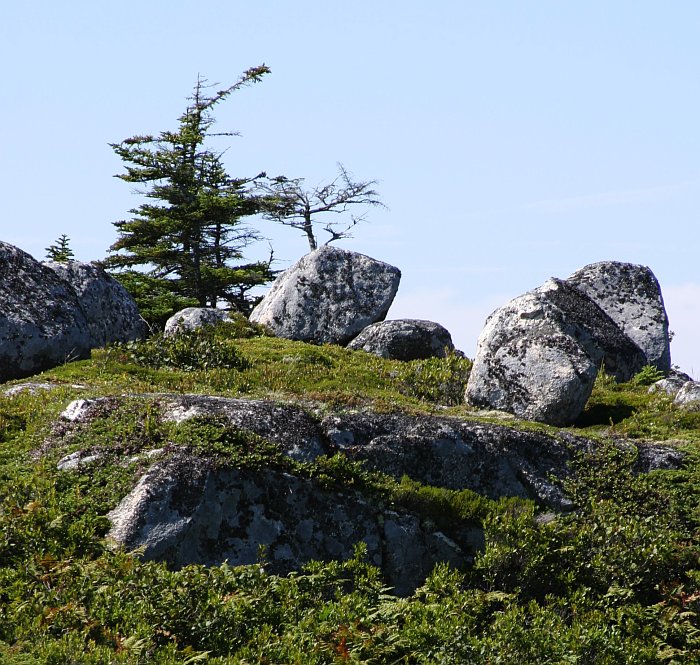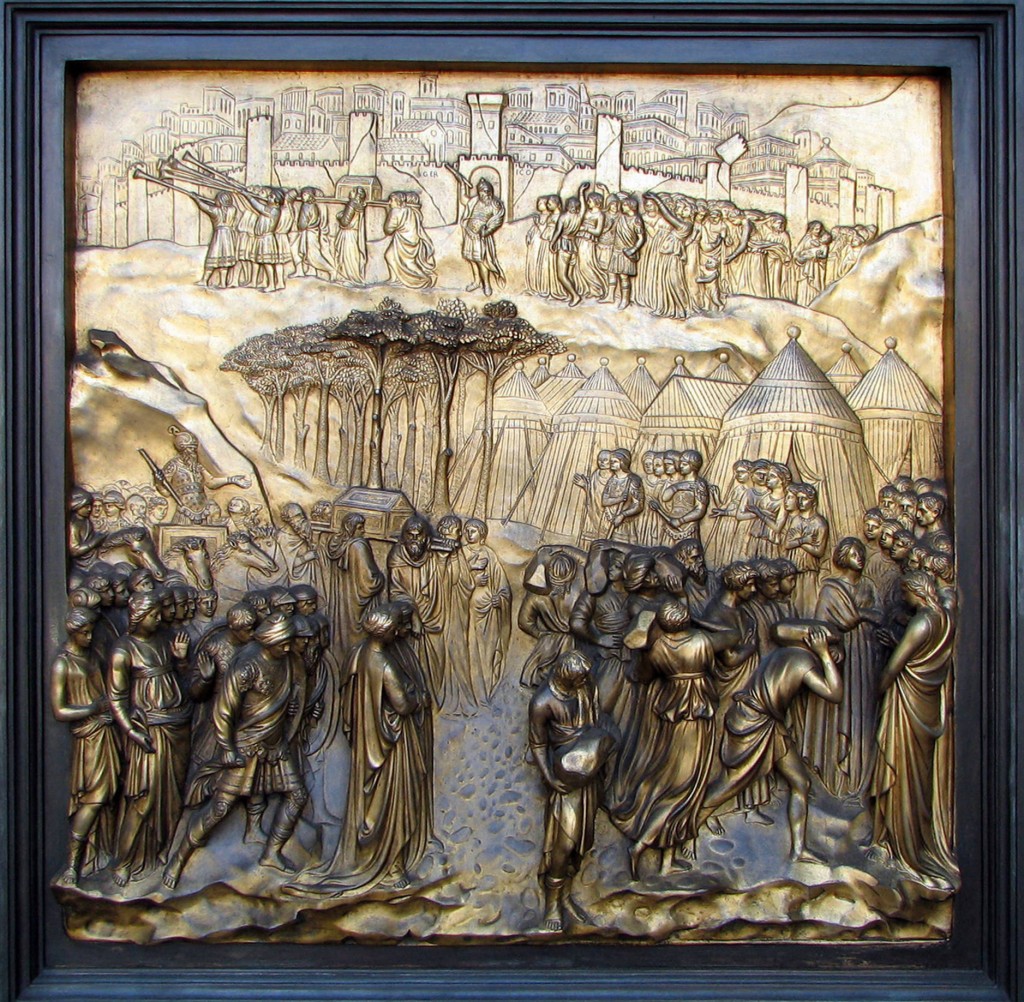At my church we sometimes sing a hymn which so clearly illustrates the way music can be stitched together across centuries and nations. The melody is a terrific German folk tune (which Brink and Polman’s Psalter Hymnal Handbook describes as “a sturdy tune and an able harmonization” that “calls for energetic art singing.”). You may know it best as “Hail to the Lord’s Anointed” or perhaps “O Day of Rest and Gladness.”
The words for “O Day of Radiant Gladness” come from three different sources. The first two stanzas are a reworking of Christopher Wordsworth’s 19th century hymn “O Day of Rest and Gladness.” The third stanza comes from Charles P. Price, a Pittsburgh native born in 1920 who became a professor at Virginia Theological Seminary. The final stanza isn’t credited to a single author, but is ©1982 Church Pension Fund–which is to say, the Episcopalians.
I love the way this hymn rejoices in the Sabbath as a day of triple light: each Sunday reminding us of and participating in creation, Resurrection Day, and Pentecost. A joyful Sabbath is a foretaste of heaven. Honestly, it just thrills me to stand with a congregation and sing these thoughts.
Alas, YouTube didn’t have a good version of the hymn for me to share with you, so I’ll let you listen to the original German song while you read along. Perhaps–if you don’t know German very well–you’ll catch a bit of the feeling.
O day of radiant gladness,
O day of joy and light,
O balm of care and sadness,
most beautiful, most bright;
this day the high and lowly,
through ages joined in tune,
sing, “Holy, holy, holy,”
to the great God Triune.
This day at the creation,
the light first had its birth;
this day for our salvation
Christ rose from depths of earth;
this day our Lord victorious
the Spirit sent from heaven,
and thus this day most glorious
a triple light was given.
This day, God’s people meeting,
his Holy Scripture hear;
his living presence greeting,
through Bread and Wine made near.
We journey on, believing,
renewed with heavenly might,
from grace more grace receiving
on this blest day of light.
That light our hope sustaining,
we walk the pilgrim way,
at length our rest attaining,
our endless Sabbath day.
We sing to thee our praises,
O Father, Spirit, Son;
the Church her voice upraises
to thee, blest Three in One.
Tune: Es flog ein klein’s Waldvögelein (Woodbird). German folk tune, first published in the 17th c.
Text: Stanzas 1-2, Christopher Wordsworth (1807-1855), alt.;
stanza 3, Charles P. Price (b. 1920);
stanza 4, Hymnal 1982.

